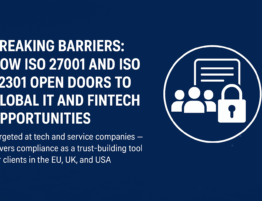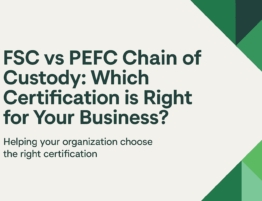Are you considering getting ISO certified? Do you think it’s mandatory or required by law? Think again! ISO Certification is not mandatory or legally required, but it can bring many benefits to your organization. However, not all certifications are created equal. In fact, there is an aspect of unethical certification that you need to be aware of.
Vektors helps you select a verified Certification body which is:
- Accredited by IAF member
- Recognised worldwide
- Credible
- Ethical
- Impartial Audits
We help you achieve compliance, perform audits, train your employees and get you certified as well!
What is unethical certification?
Unethical certification occurs when a certification body issues an ISO certificate without conducting an audit or verifying the evidence of compliance to the ISO standard. These unethical certification bodies often offer certificates at very low prices and are not accredited by a recognized accreditation board. This means that the certificate is not reliable and may not hold any value. A Valid and ethical ISO certificate is always supported by evidences of compliance against the ISO standard.
Why should you care about unethical certification?
Getting ISO certified is an investment in your organization’s reputation, quality management, and overall success. However, if you obtain an ISO certificate from an unethical certification body, it can do more harm than good. Customers and stakeholders may question the validity of the certificate, and it can damage your organization’s reputation. Moreover, you may not actually be following the ISO standard, which can lead to non-compliance issues.
How can you ensure ethical certification?
To ensure ethical certification, you should select a certification body that is accredited by a recognized accreditation board, such as the International Accreditation Forum (IAF). This ensures that the certification body follows strict rules and standards, and has been evaluated by a third-party accreditation board. Additionally, you should verify that the certification body conducts on-site audits and verifies the evidence of compliance to the ISO standard.
In conclusion, ISO certification is not mandatory, but can be beneficial for your organization. However, it is important to obtain ethical certification from an accredited certification body that conducts on-site audits and verifies compliance to the ISO standard. Don’t fall for unethical certification schemes that offer cheap and unreliable certificates. Invest in a reputable certification body that will help your organization achieve its goals and maintain its reputation.









